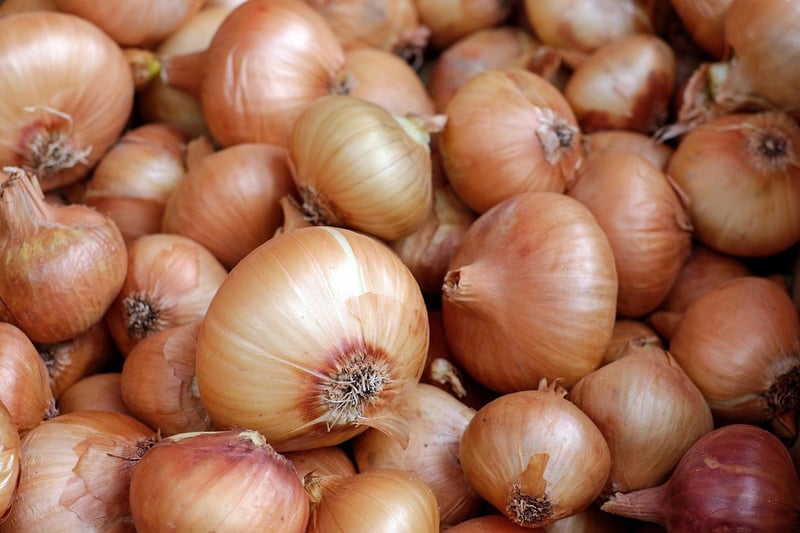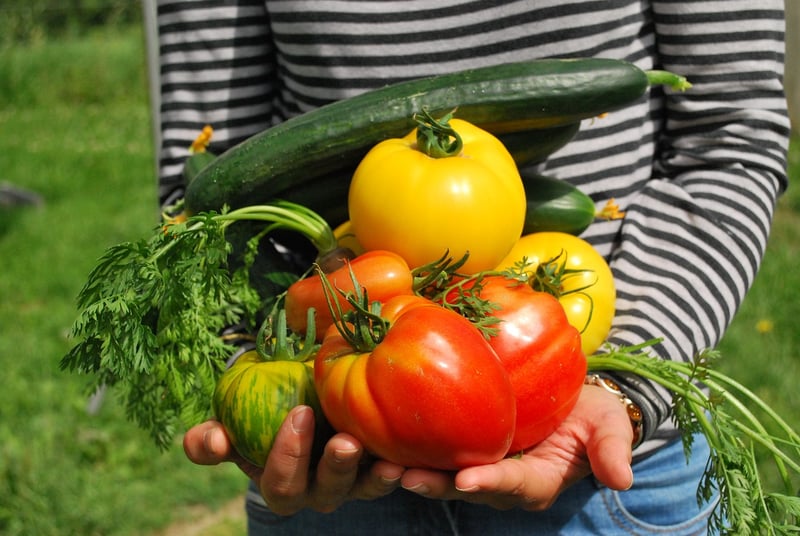Companion Planting
Protecting Your Garden from Pests with Companion Planting

Having a thriving garden is a joy for any gardener, but dealing with pests can be a real challenge. Fortunately, there is a natural and effective way to protect your garden from unwanted pests - companion planting.
What is Companion Planting?
Companion planting is the practice of strategically planting different crops in close proximity to help each other grow. Certain plants have natural substances in their roots, flowers, and leaves that can repel pests or attract beneficial insects, which can help protect your garden.
Benefits of Companion Planting
- Natural pest control without the use of harmful chemicals
- Improved pollination leading to better harvests
- Enhanced flavor and growth of plants
- Weed suppression
- Biodiversity promotion
Common Companion Planting Combinations
Here are some popular companion planting combinations to help you get started:
- Tomatoes and Basil: Basil repels insects that harm tomatoes.
- Carrots and Onions: Onions deter carrot flies while carrots repel onion flies.
- Marigolds and Vegetables: Marigolds repel nematodes and other pests.
- Cucumbers and Radishes: Radishes attract cucumber beetles away from cucumbers.
Tips for Successful Companion Planting
- Research companion planting combinations that work well together.
- Plant herbs like mint, lavender, and dill to deter pests.
- Rotate crops each season to prevent soil depletion and pest buildup.
- Keep your garden clean and free of debris to reduce pest hiding spots.
By incorporating companion planting into your gardening routine, you can create a balanced ecosystem that naturally deters pests and promotes plant growth. Enjoy a bountiful harvest while keeping your garden free from harmful chemicals!

